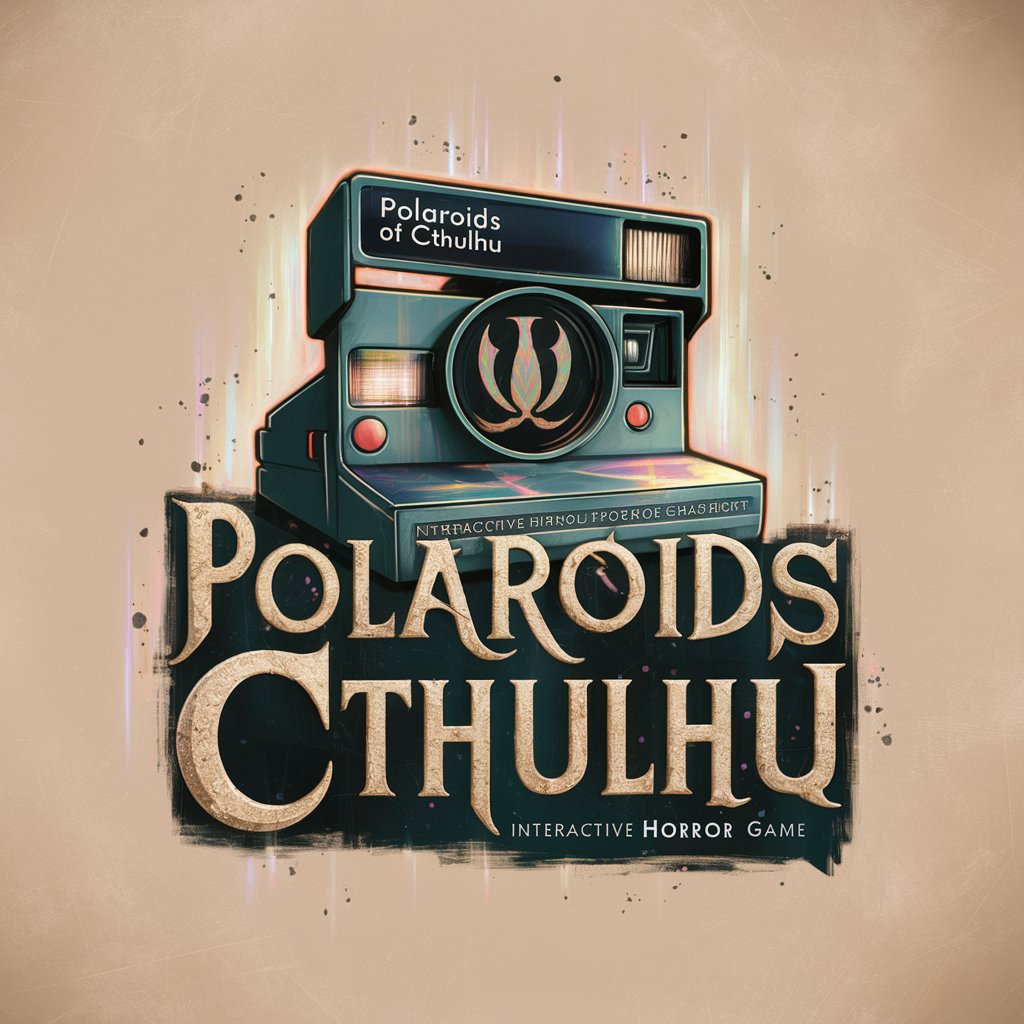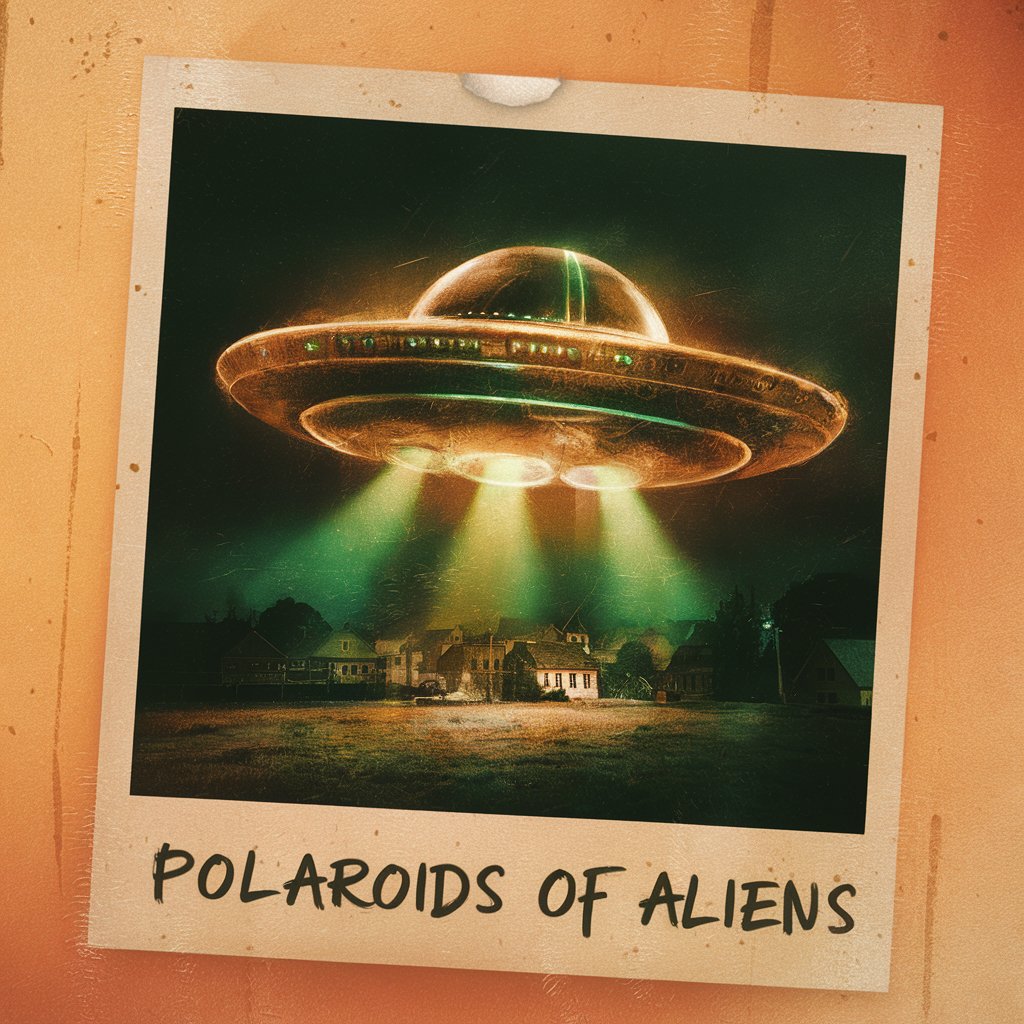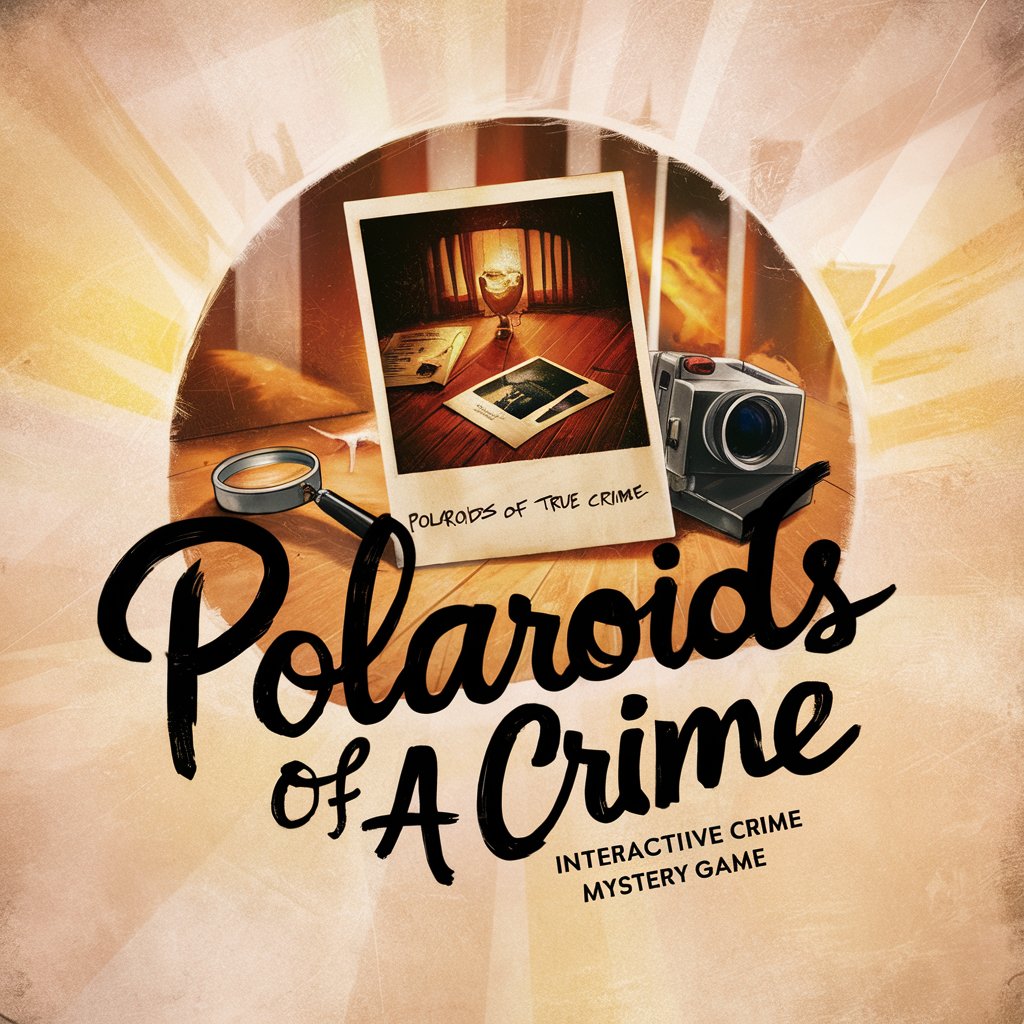
Polaroids of a Murder, a text adventure game - Interactive Mystery Game
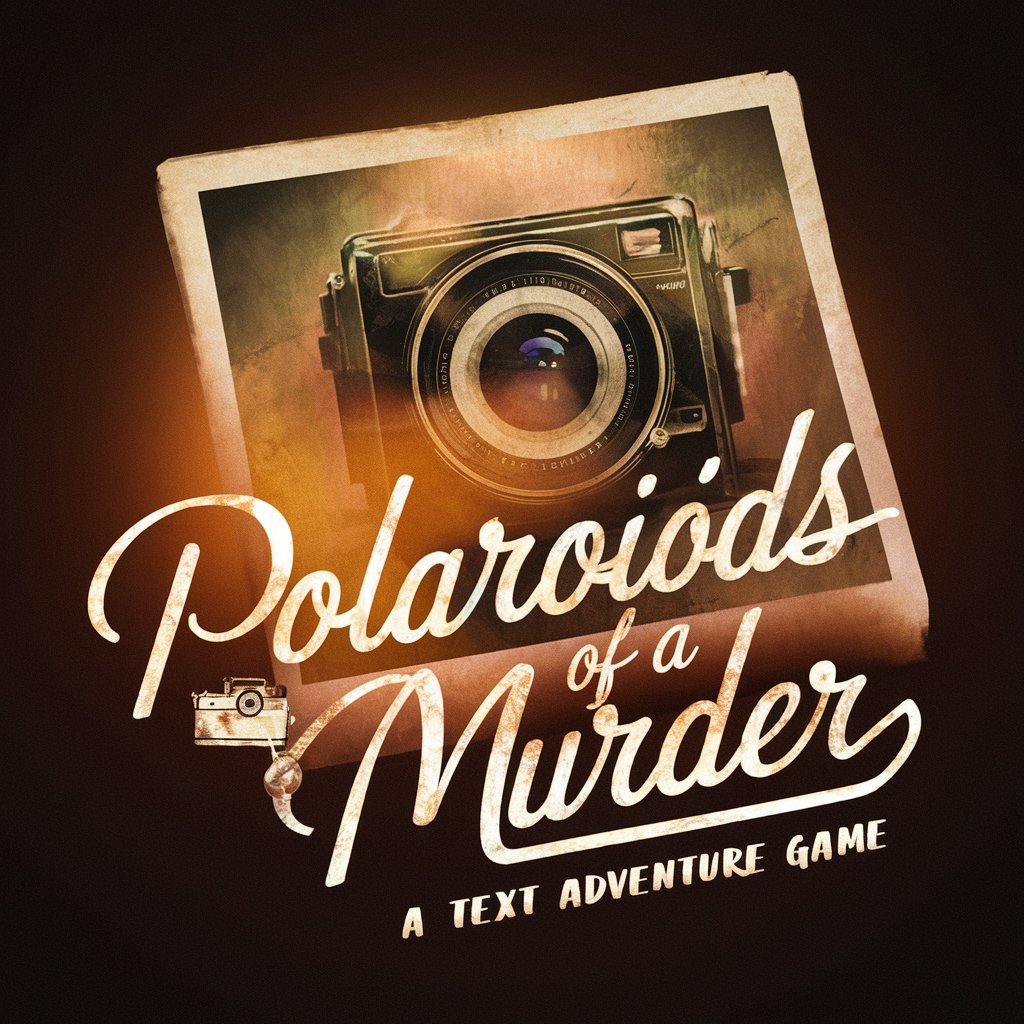
Welcome, Inspector. Ready to solve the mystery?
Solve mysteries with AI-powered clues.
As you examine the crime scene,
The suspect glances nervously as you approach,
In the dim light of the study,
A hidden clue catches your eye,
Get Embed Code
Introduction to Polaroids of a Murder
Polaroids of a Murder is an interactive text adventure game that merges the intrigue of murder mystery narratives with the nostalgic aesthetic of Polaroid photographs. Designed to engage players in a detective role, the game unfolds in three acts, each presenting a unique crime scene, set of characters, and a series of puzzles to solve. The game's distinctive art style features landscape-oriented, Polaroid-style images that set the scene for each act, complete with handwritten captions that evoke a bygone era. Players navigate through the game by making choices that influence the direction of the investigation, interviewing suspects, analyzing evidence, and ultimately solving the murder. An example scenario could involve investigating a dimly lit Victorian study, where the Polaroid reveals a chaotic scene with scattered papers, a tipped-over chair, and a single, ominous bloodstain on the desk, hinting at a struggle. Powered by ChatGPT-4o。

Main Functions of Polaroids of a Murder
Interactive Storytelling
Example
Navigating through a meticulously crafted narrative that adapts based on player decisions.
Scenario
For instance, choosing to interrogate a suspect with a known alibi might unlock a previously hidden motive, altering the course of the investigation.
Evidence Analysis
Example
Examining clues within Polaroid images to deduce critical case details.
Scenario
A player might analyze a Polaroid showing an out-of-place family photo in a suspect's home, leading to revelations about the suspect's connections to the victim.
Suspect Interrogation
Example
Engaging in dialogue with characters to uncover lies and truths.
Scenario
Interrogating a nervous witness might involve choosing between a sympathetic approach or a more aggressive line of questioning, each yielding different pieces of information.
Logical Deduction
Example
Applying reasoning to link together pieces of evidence and identify the murderer.
Scenario
After gathering evidence, the player might deduce that only one suspect had both motive and opportunity, leading to a confrontation and confession.
Ideal Users of Polaroids of a Murder
Mystery and Puzzle Enthusiasts
Individuals who enjoy unraveling mysteries, solving puzzles, and thinking critically will find this game both challenging and rewarding. The narrative complexity and the need for deductive reasoning cater to those who appreciate a good brain teaser.
Fans of Narrative Games
Players who are drawn to story-driven games and enjoy becoming immersed in a narrative will appreciate the depth and interactivity of Polaroids of a Murder. The game's structure allows for a personalized story experience based on choices made.
Retro and Nostalgia Aficionados
Individuals with an appreciation for retro aesthetics and nostalgia will be drawn to the game's unique Polaroid-inspired visual style, which invokes a sense of wistfulness and warmth reminiscent of past decades.
Creative Thinkers
People who enjoy using their imagination to explore different outcomes and scenarios will find the game's open-ended nature and multiple endings appealing. The game encourages creativity in solving crimes and interpreting clues.

How to Use Polaroids of a Murder
1
Start by visiting yeschat.ai for a complimentary trial, accessible without the need for a login or a ChatGPT Plus subscription.
2
Choose from a list of intriguing murder mystery scenarios to embark on your detective journey. Each scenario is uniquely crafted for a diverse gaming experience.
3
Navigate through the game by selecting actions from a provided list. Your choices will guide the narrative, leading you to uncover clues and solve the mystery.
4
Utilize the in-game hints feature if you find yourself at a standstill. These hints can provide guidance without giving away the solution outright.
5
Conclude the game by accurately identifying the murderer based on the evidence you've collected. Your detective skills will be scored, offering a replayable challenge to improve your deduction abilities.
Try other advanced and practical GPTs
Polaroids of a Kingdom, a text adventure game
Shape a dynasty in a nostalgic, AI-powered realm.
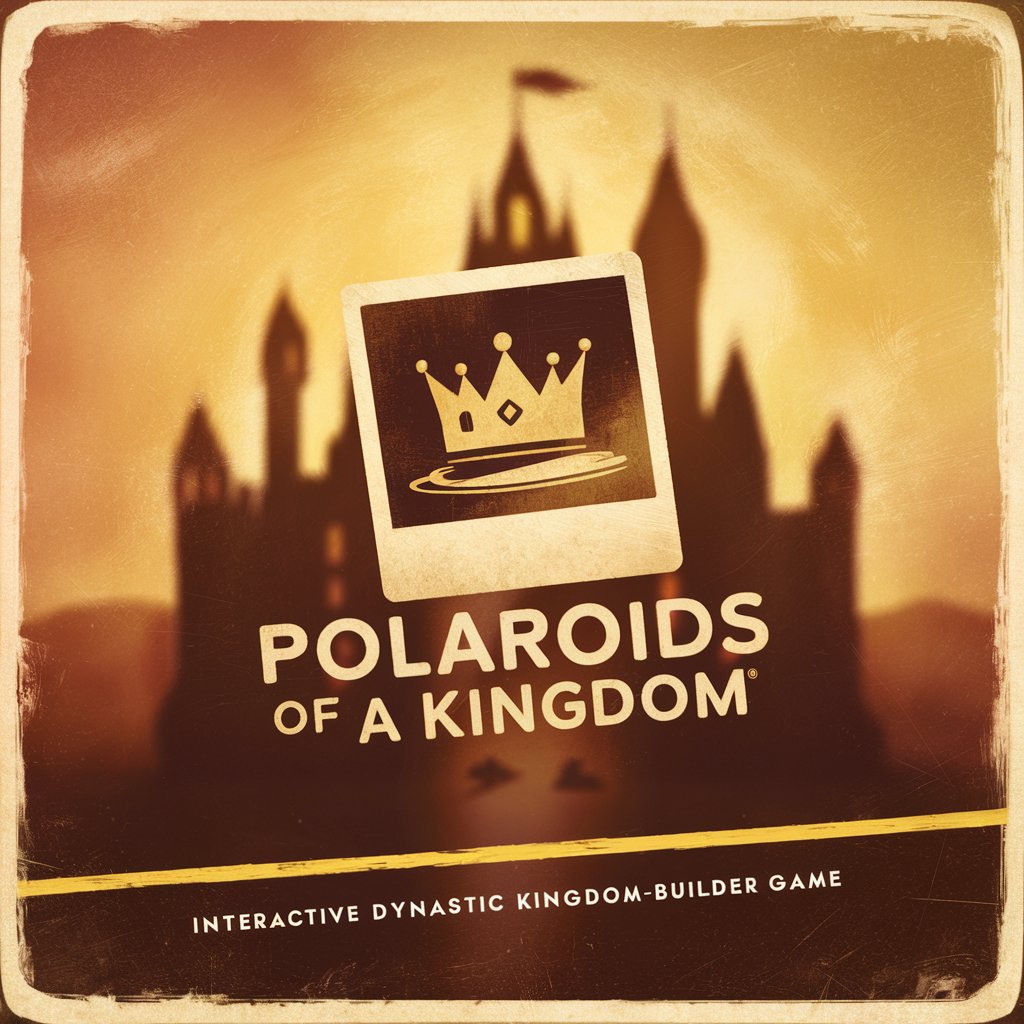
Polaroids of a Heist, a text adventure game
Strategize, Decide, and Execute in AI-Powered Heists
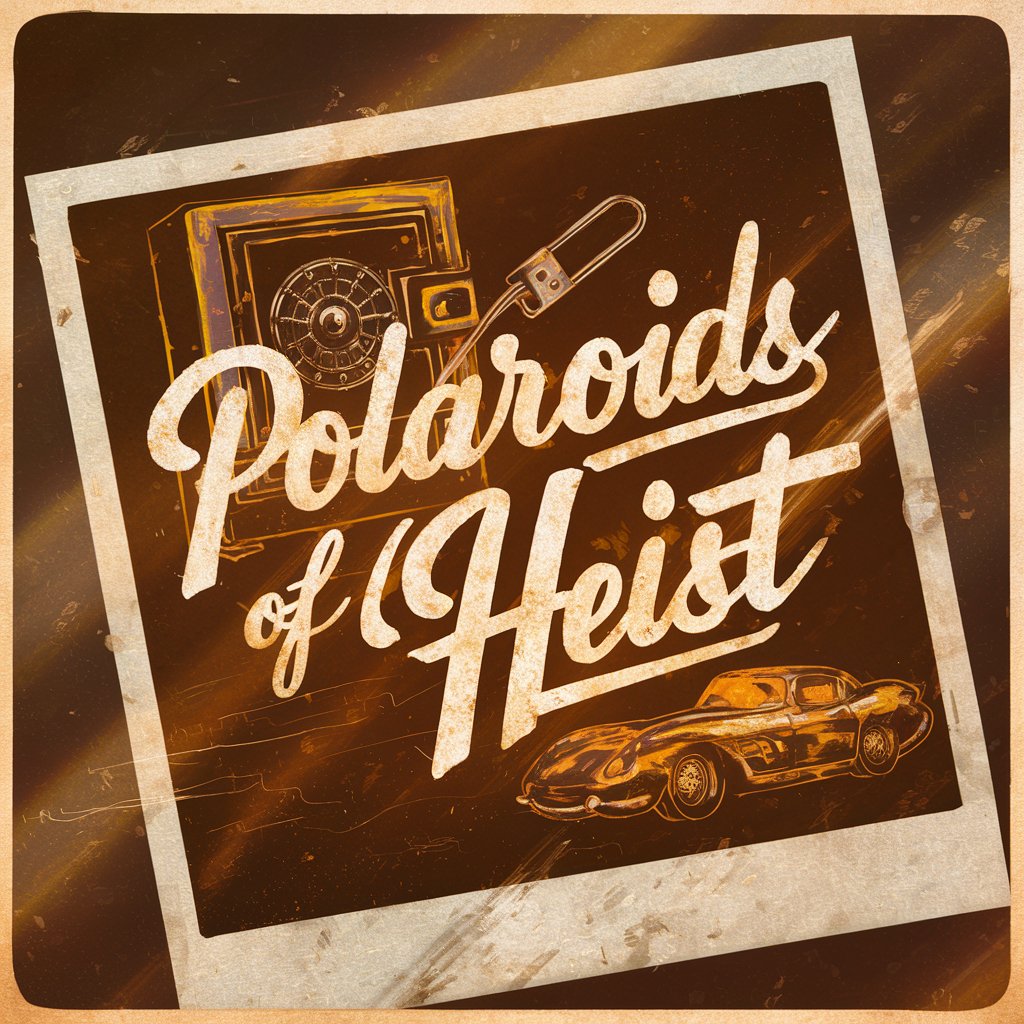
Polaroids of a Haunting, a text adventure game
Unravel Haunting Mysteries with AI
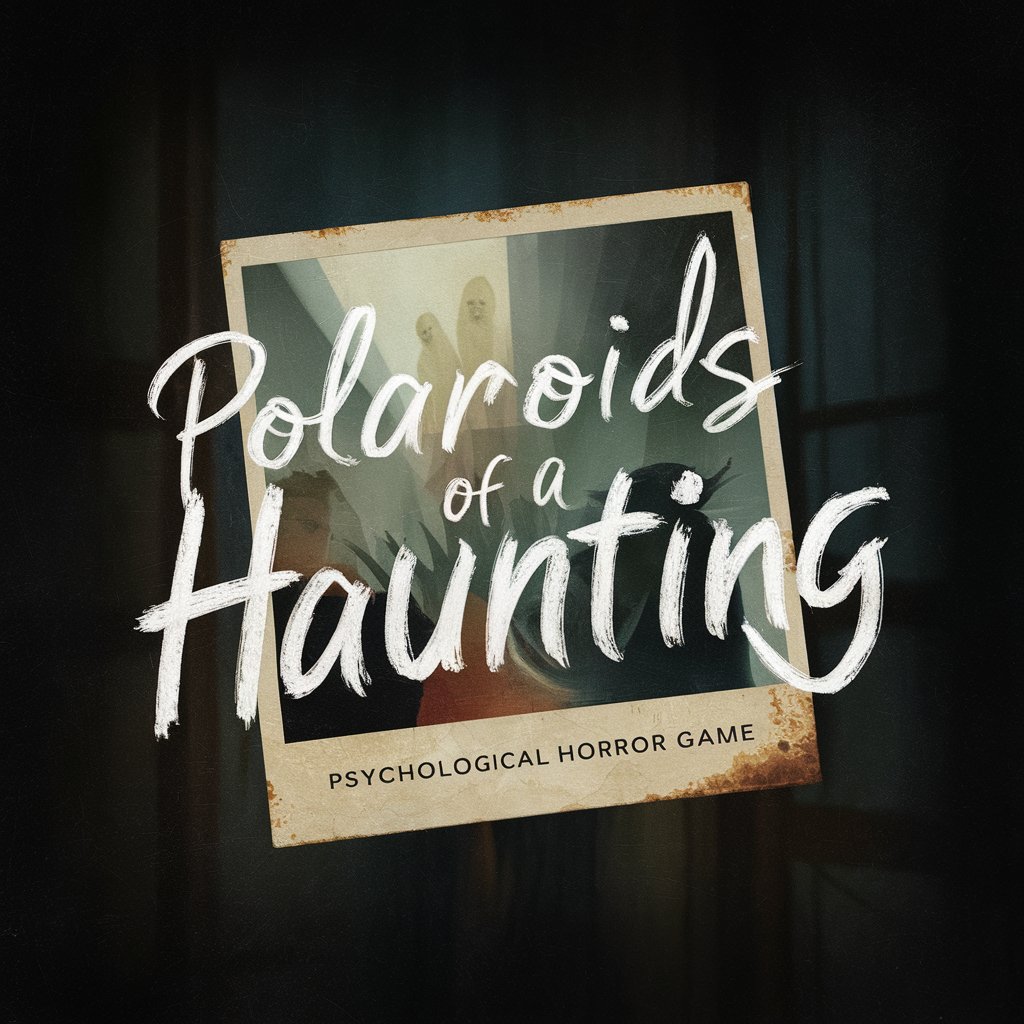
Polaroids of an Escape, a text adventure game
Escape reality, challenge your mind.
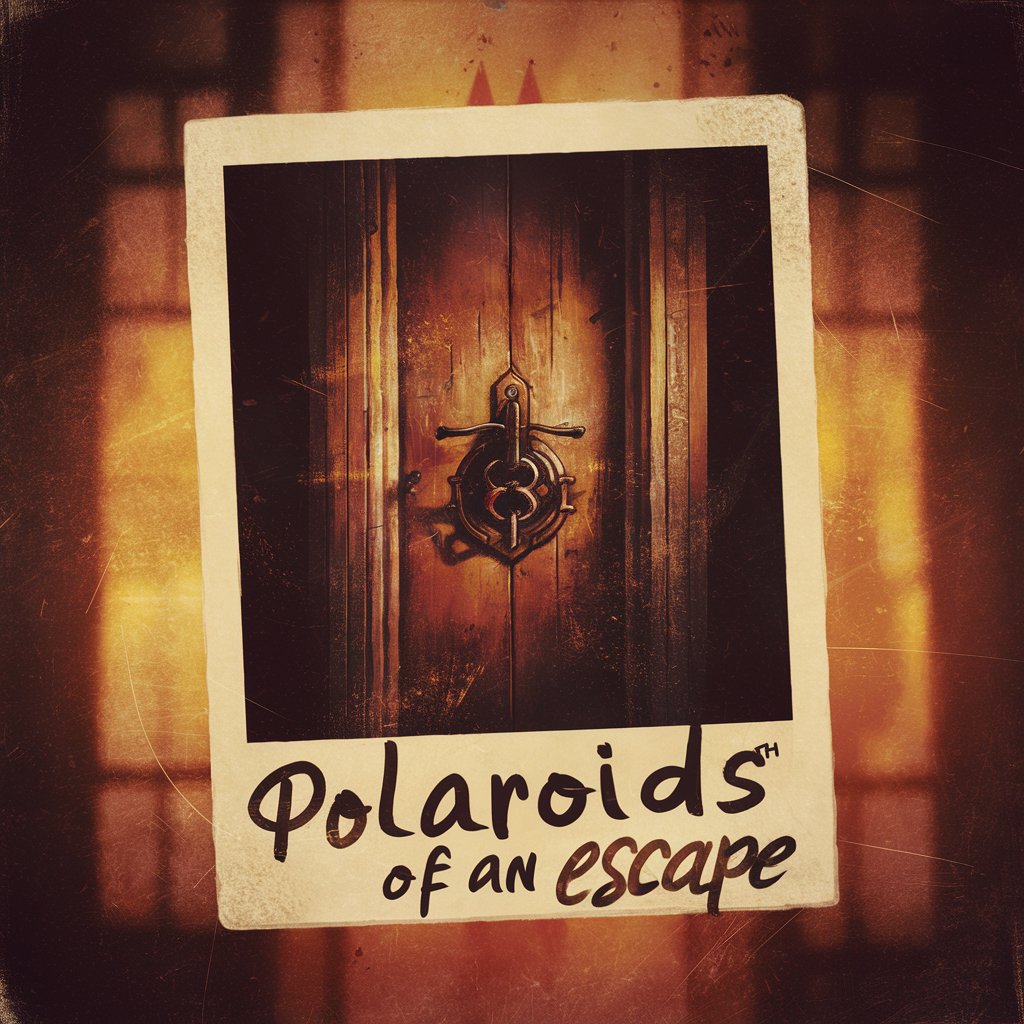
Polaroids of a Dungeon, a text adventure game
Embark on AI-Powered Fantasy Adventures
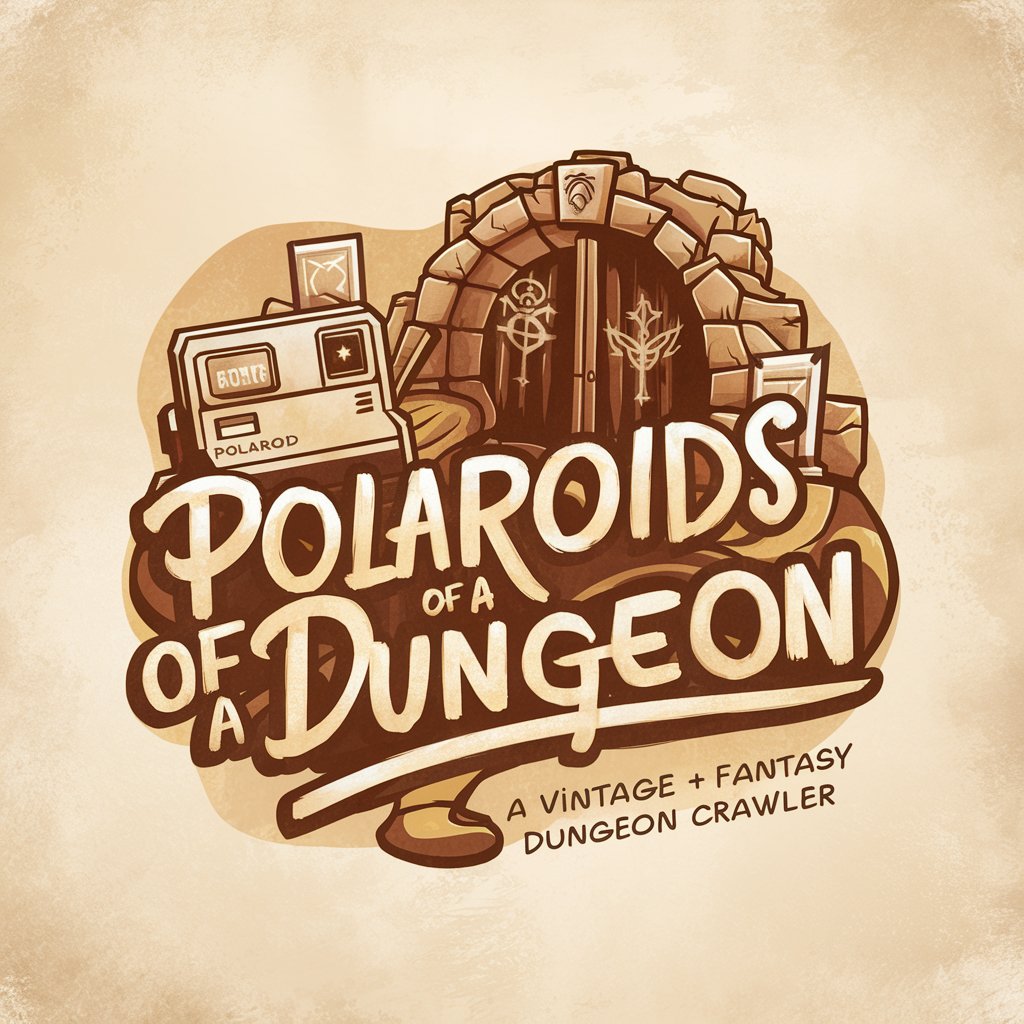
Polaroids of a Drifter, a text adventure game
AI-Powered Vigilante Justice Adventure
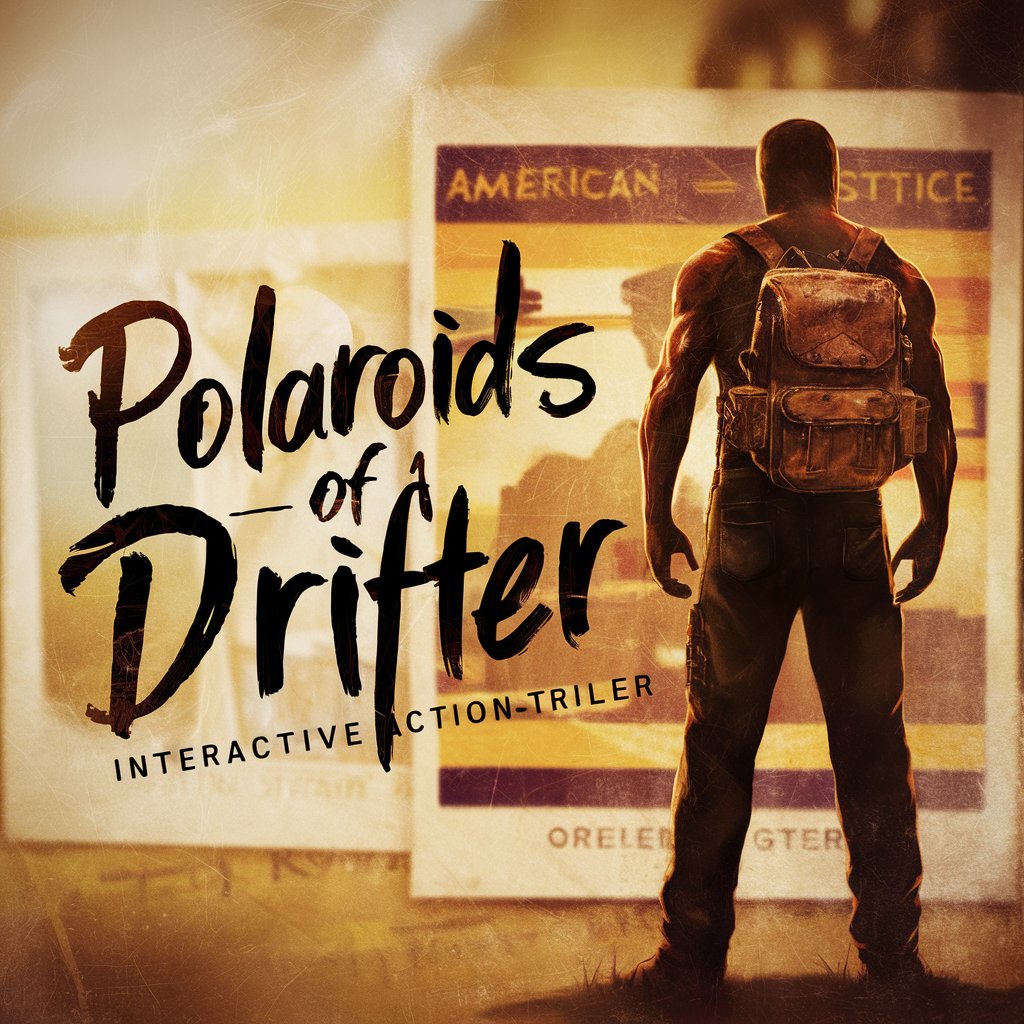
Polaroids of a Pirate, a text adventure game
Embark on AI-Powered Pirate Tales
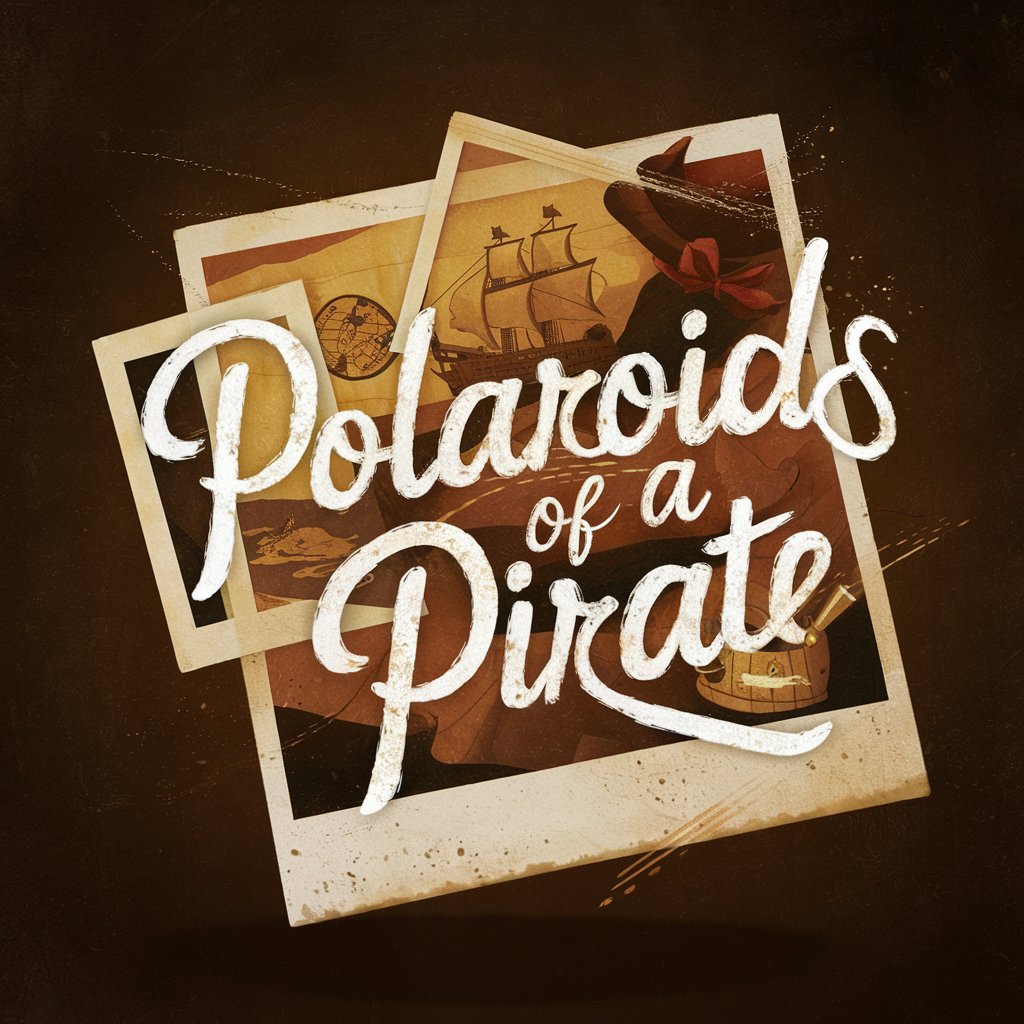
Polaroids of a Princess, a text adventure game
Empowering Tales, AI-Enhanced Imagery
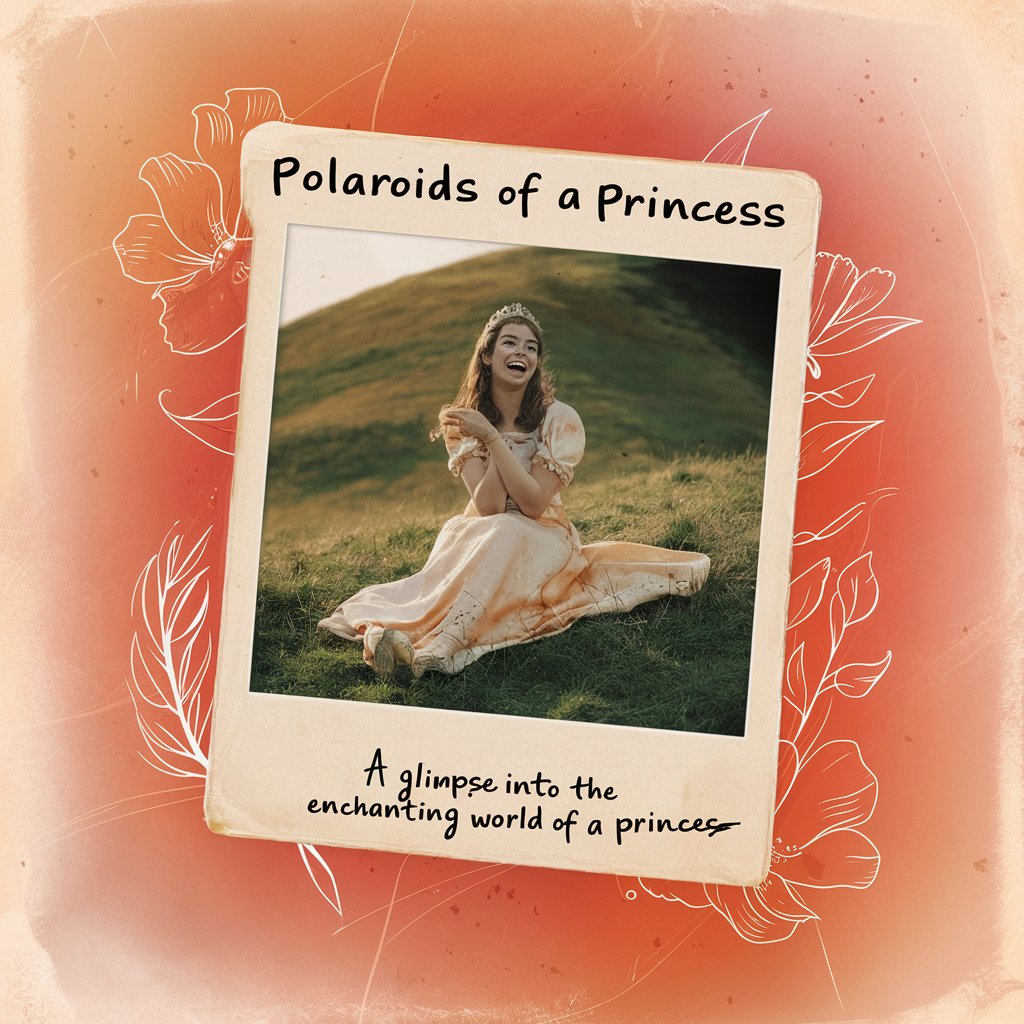
Polaroids of Rascals, a text adventure game
Embark on nostalgic, AI-powered adventures
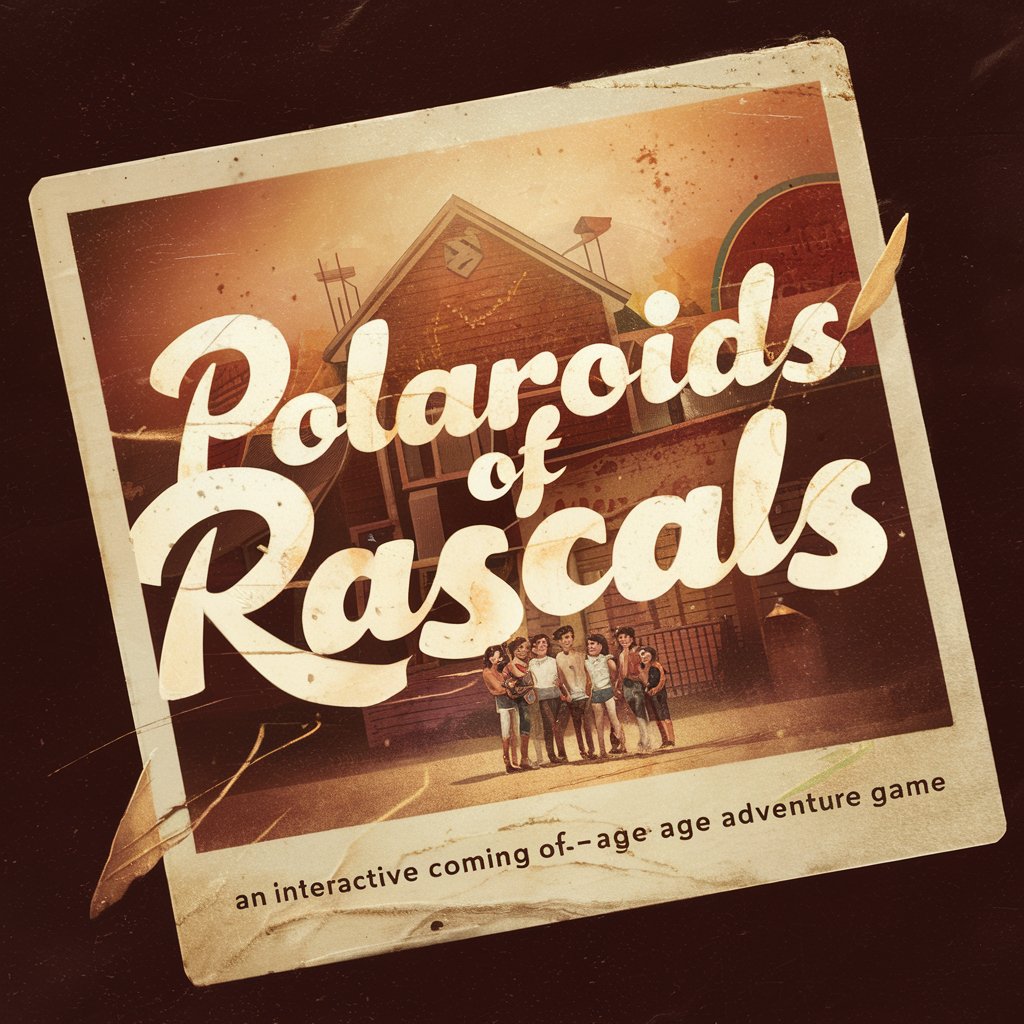
Polaroids of a Time Traveller, text adventure game
Travel, Repair, Relive - An AI-Powered Journey Through Time
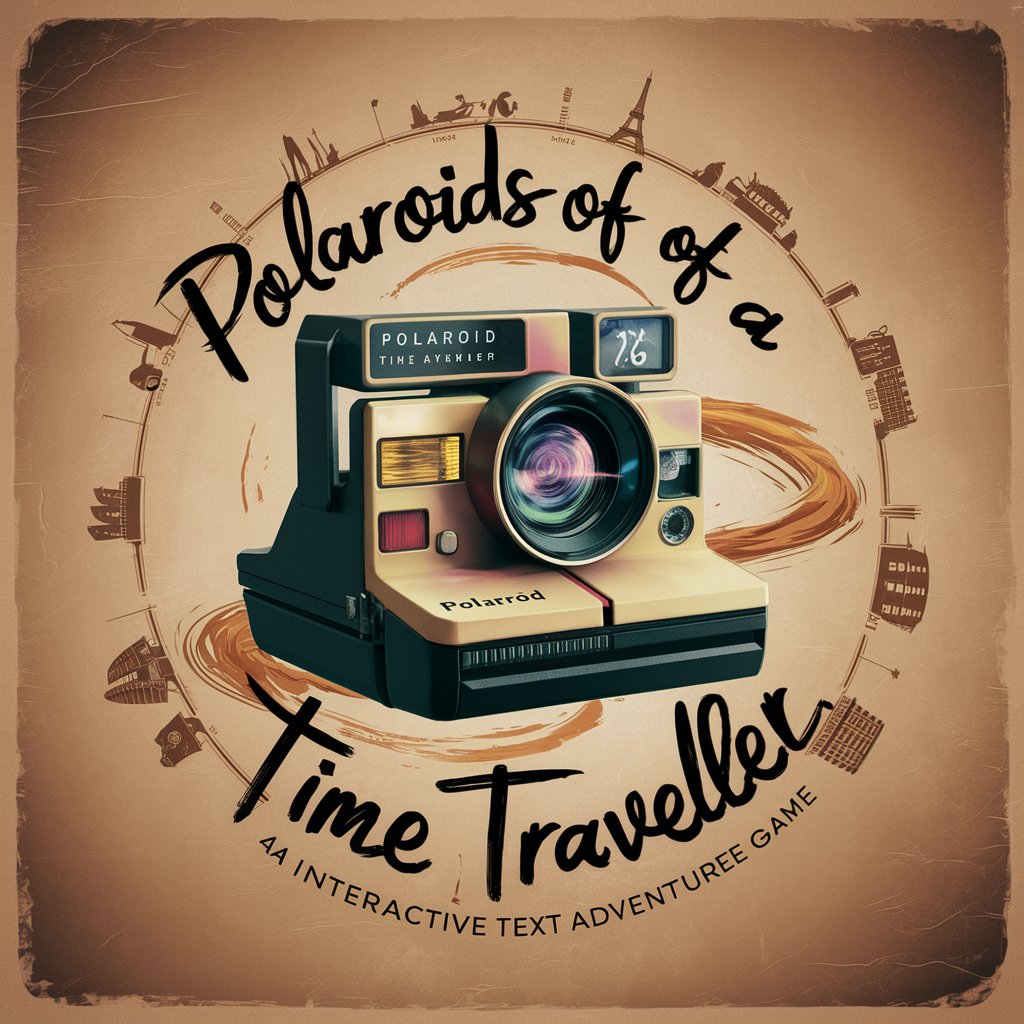
Polaroids of Zombies, a text adventure game
Survive the apocalypse in retro style.
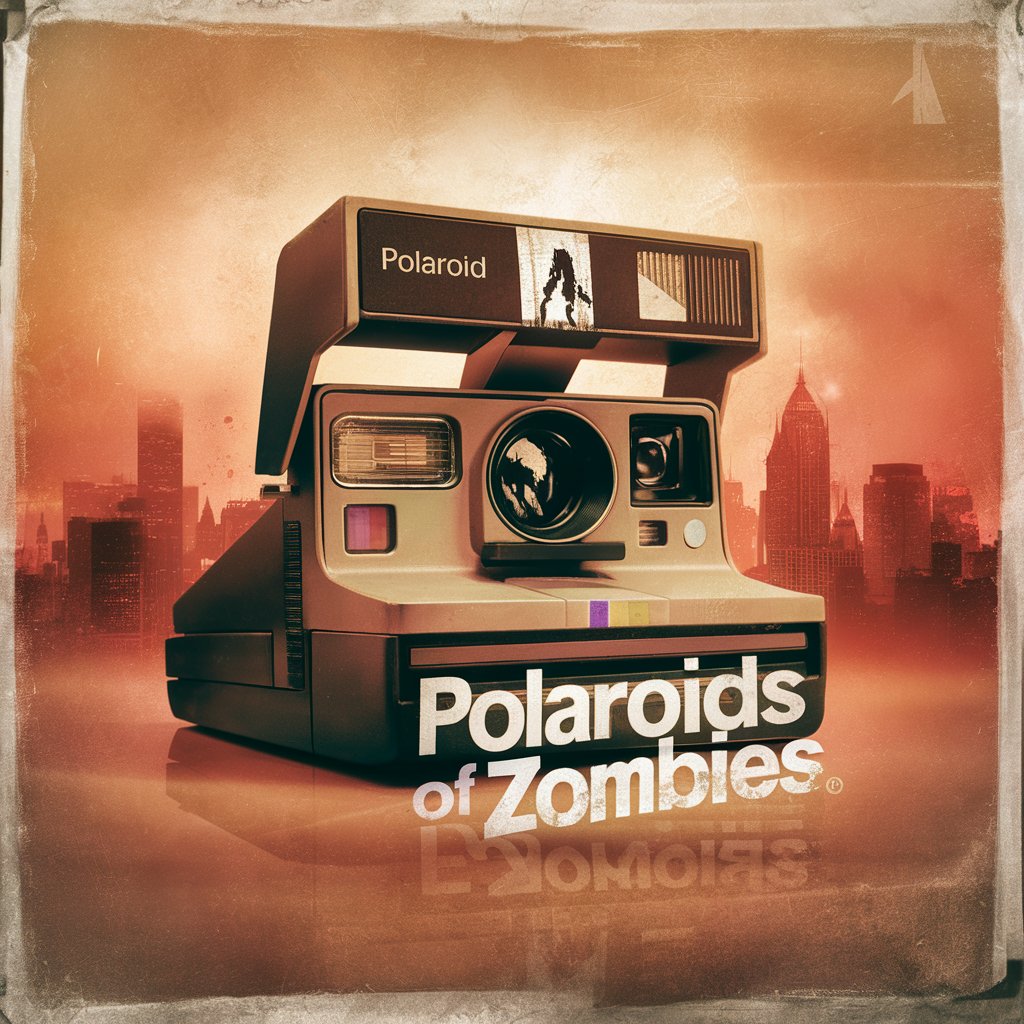
Revelations: Aliens, a text adventure game
Navigate alien invasions with AI-driven storytelling.
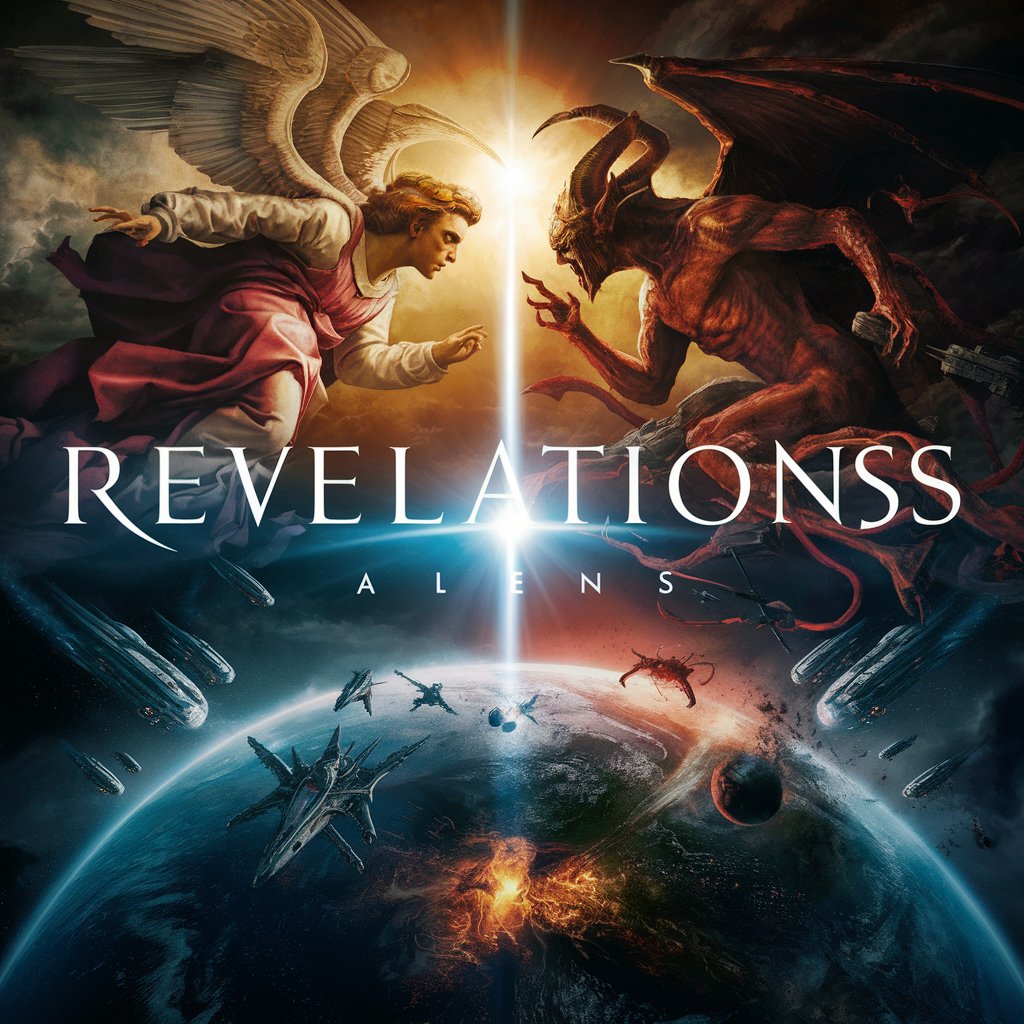
FAQs on Polaroids of a Murder
What makes Polaroids of a Murder unique among text adventure games?
Polaroids of a Murder stands out for its nostalgic Polaroid photo illustrations and its intricate murder mystery narratives, allowing players to engage deeply with each case as if they're real detectives.
Can I play Polaroids of a Murder on mobile devices?
Yes, the game is designed to be accessible on various platforms, including mobile devices, ensuring a seamless experience for users on the go.
Do I need prior detective gaming experience to enjoy Polaroids of a Murder?
Not at all. The game is crafted to cater to both beginners and experienced players, with intuitive gameplay mechanics and adjustable difficulty levels through the use of hints.
How does Polaroids of a Murder handle game progression?
Progression is based on player choices, with each decision impacting the storyline and potential outcomes. This design offers a personalized gameplay experience and multiple endings.
Are there any social features or multiplayer components in Polaroids of a Murder?
While primarily a single-player experience, the game encourages sharing strategies and outcomes with friends or online communities, fostering a sense of camaraderie and shared discovery.
